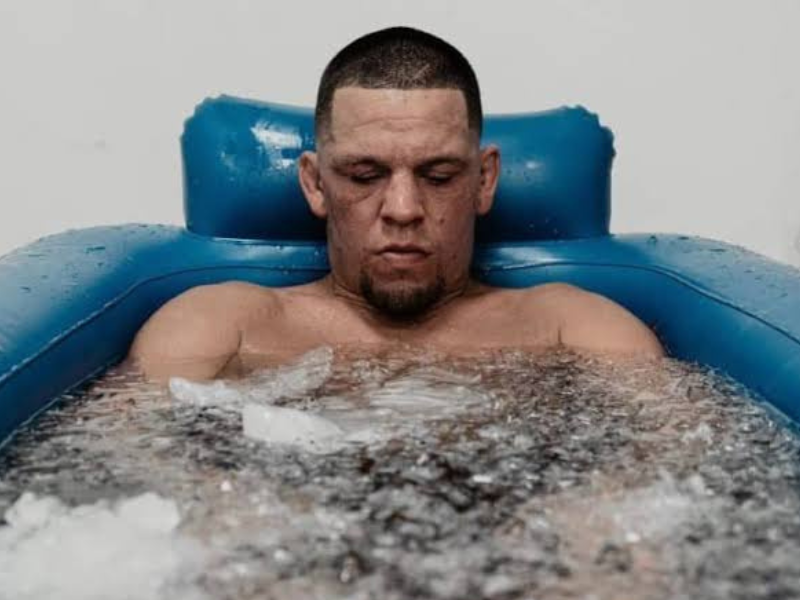
Top Recovery Tips for MMA Fighters: From Novice to Pro
Share
Introduction
Mixed Martial Arts (MMA) is one of the most physically demanding sports.
Competitors push their bodies to the limit, requiring effective recovery strategies to enhance performance and longevity in the sport.
Whether you're just starting or you’re a seasoned professional, proper recovery is crucial. Here are our top tips for optimizing recovery and boosting your athletic performance.
The Importance of Recovery in MMA
Recovery is not just resting; it's a strategic component of training that prevents injury and promotes muscle repair. Incorporating these recovery practices helps fighters maintain peak condition and prepare for the next training session or fight.
Key Recovery Tips for MMA Fighters
1. Ice Baths
Ice baths, or cold-water immersion, are a must for any serious MMA athlete. The cold temperature helps reduce inflammation, muscle soreness, and accelerates recovery by constricting blood vessels and decreasing metabolic activity.
How to Use Ice Baths:
- Aim for 10-15 minutes in a tub filled with cold water and ice.
- Start with shorter durations if you're new to ice baths, gradually working up to longer sessions.
2. Proper Hydration
Hydration plays a pivotal role in recovery. After intense training, your body needs to replenish lost fluids and electrolytes to function efficiently and repair tissues.
Tips for Staying Hydrated:
- Drink water throughout the day, and consider electrolyte-enhanced drinks post-training.
- Pay attention to signs of dehydration, such as dark urine or excessive thirst.
3. Balanced Nutrition
Fueling your body with the right nutrients is essential for recovery. Focus on a balanced diet that includes protein for muscle repair, carbohydrates for energy replenishment, and healthy fats for overall health.
Recovery Foods:
- Lean meats, fish, and plant-based proteins.
- Whole grains, fruits, and vegetables.
- Nuts, seeds, and avocados.
4. Quality Sleep
Sleep is your body’s natural way of repairing itself. Ensure you get enough high-quality sleep each night to enhance recovery.
Sleep Tips:
- Aim for 7-9 hours of sleep per night.
- Create a sleep-friendly environment by minimizing noise and light.
5. Stretching and Mobility Exercises
Incorporating stretching and mobility exercises into your routine can help prevent injuries and improve your range of motion, contributing to better performance during training and fights.
Suggestions:
- Include dynamic stretches before workouts and static stretches after.
- Focus on areas prone to tightness, like hips and shoulders.
6. Scheduled Rest Days
Strategically planned rest days are crucial for avoiding overtraining and allowing your body to recover fully.
Planning Rest Days:
- Listen to your body; if you’re feeling fatigued, take an extra rest day.
- Use rest days for light activities like walking or yoga.
7. Massage and Foam Rolling
Regular massages or self-myofascial release using a foam roller can help alleviate muscle tension and increase blood flow, enhancing recovery.
Techniques:
- Foam roll major muscle groups, spending extra time on sore areas.
- Consider professional sports massages for deep tissue work.
Conclusion
By implementing these recovery strategies, MMA fighters can enhance their performance, reduce injury risk, and extend their careers.
Experiment with different techniques to find what works best for you, and remember that recovery is as important as the training itself.
For more expert advice on MMA training and recovery, stay tuned to our blog and join our community of fighters dedicated to excellence.
Share your recovery tips in the comments below, and let's keep the conversation going!



